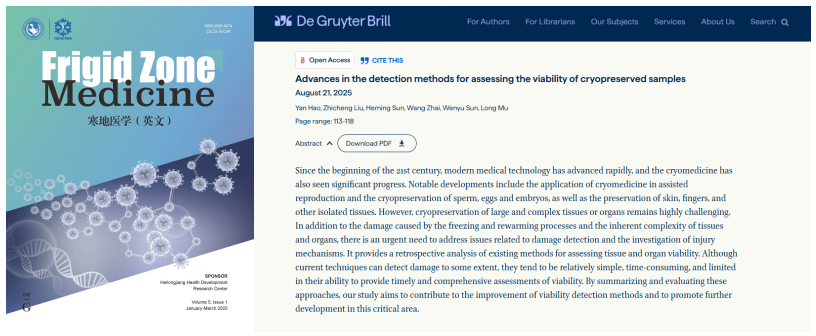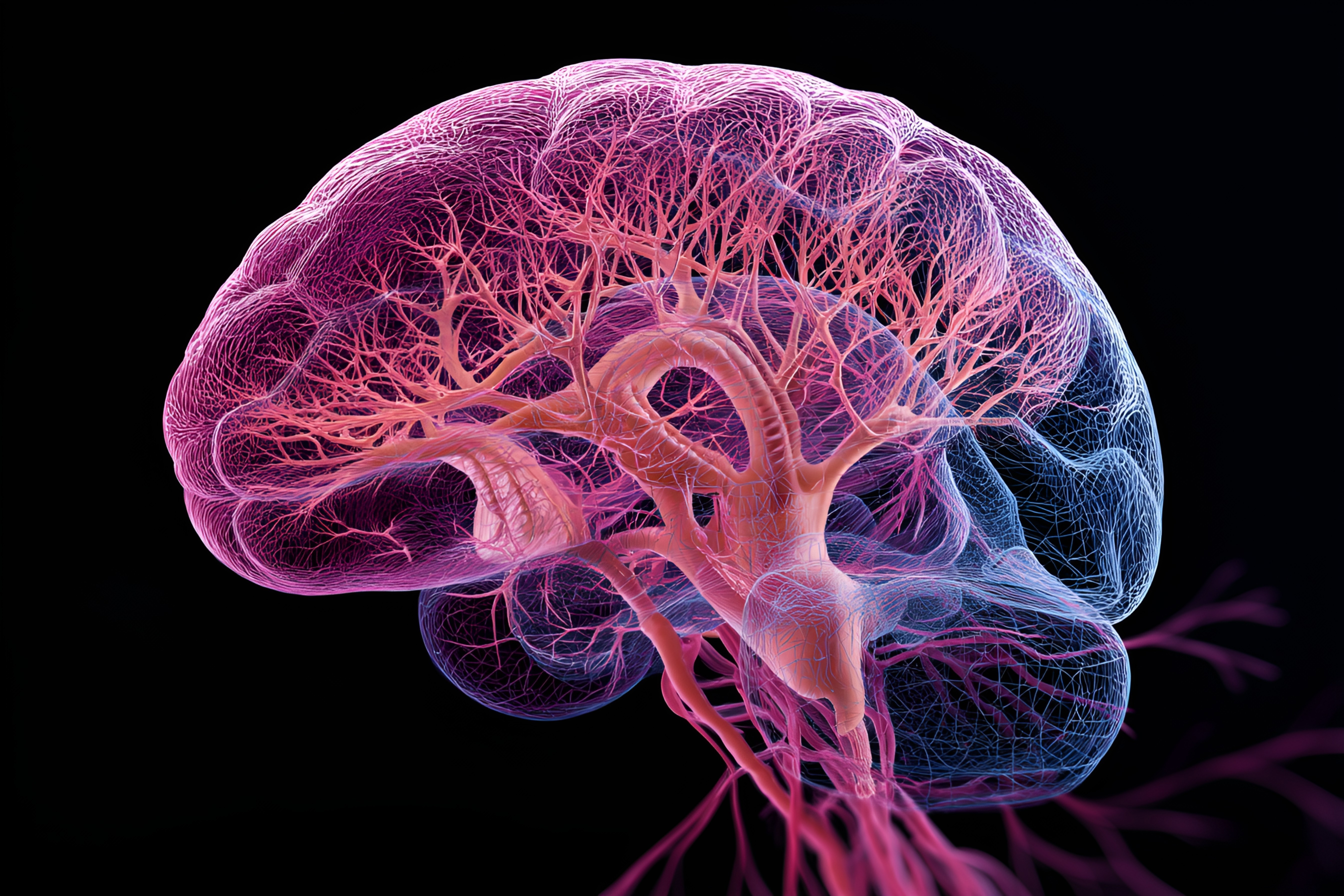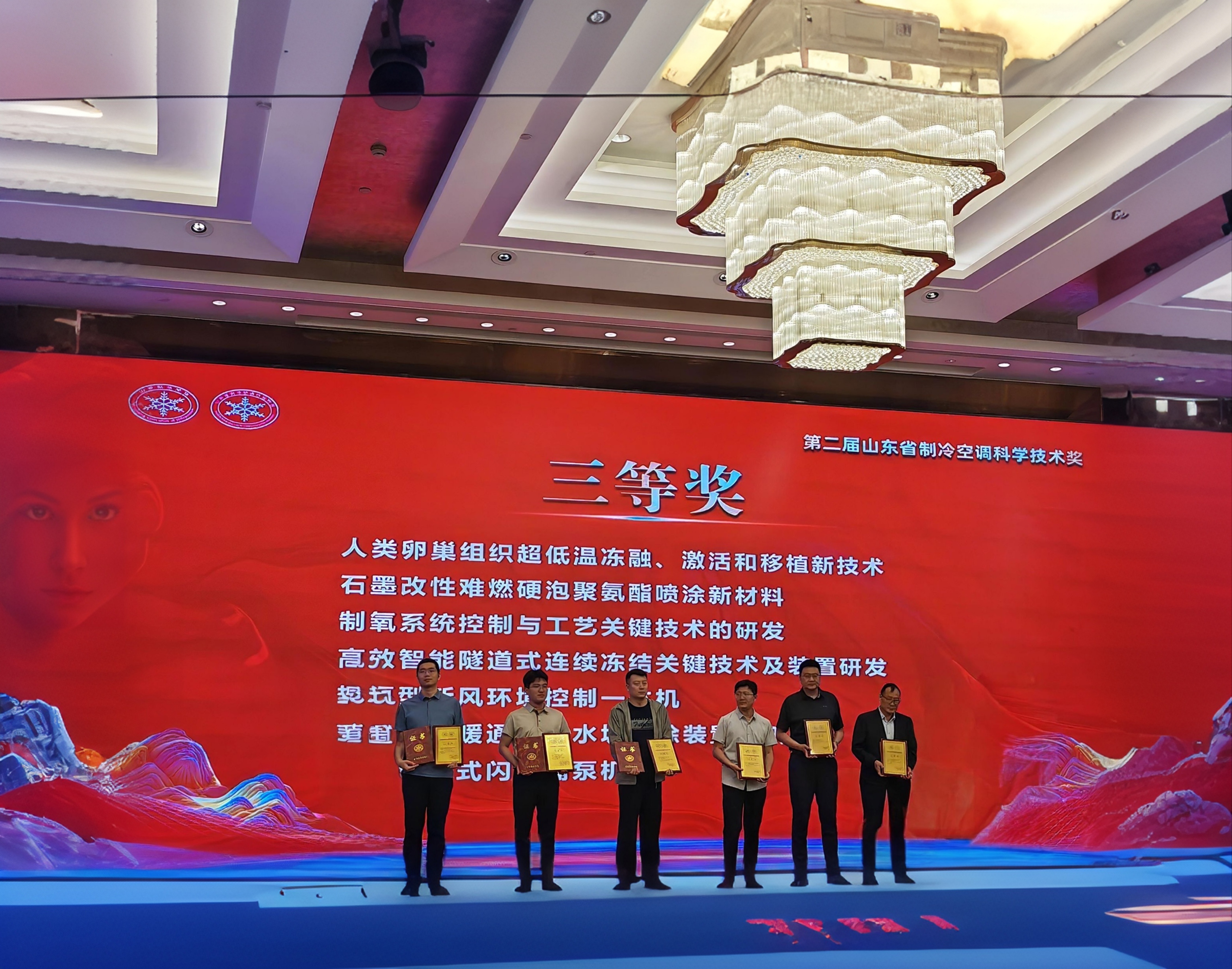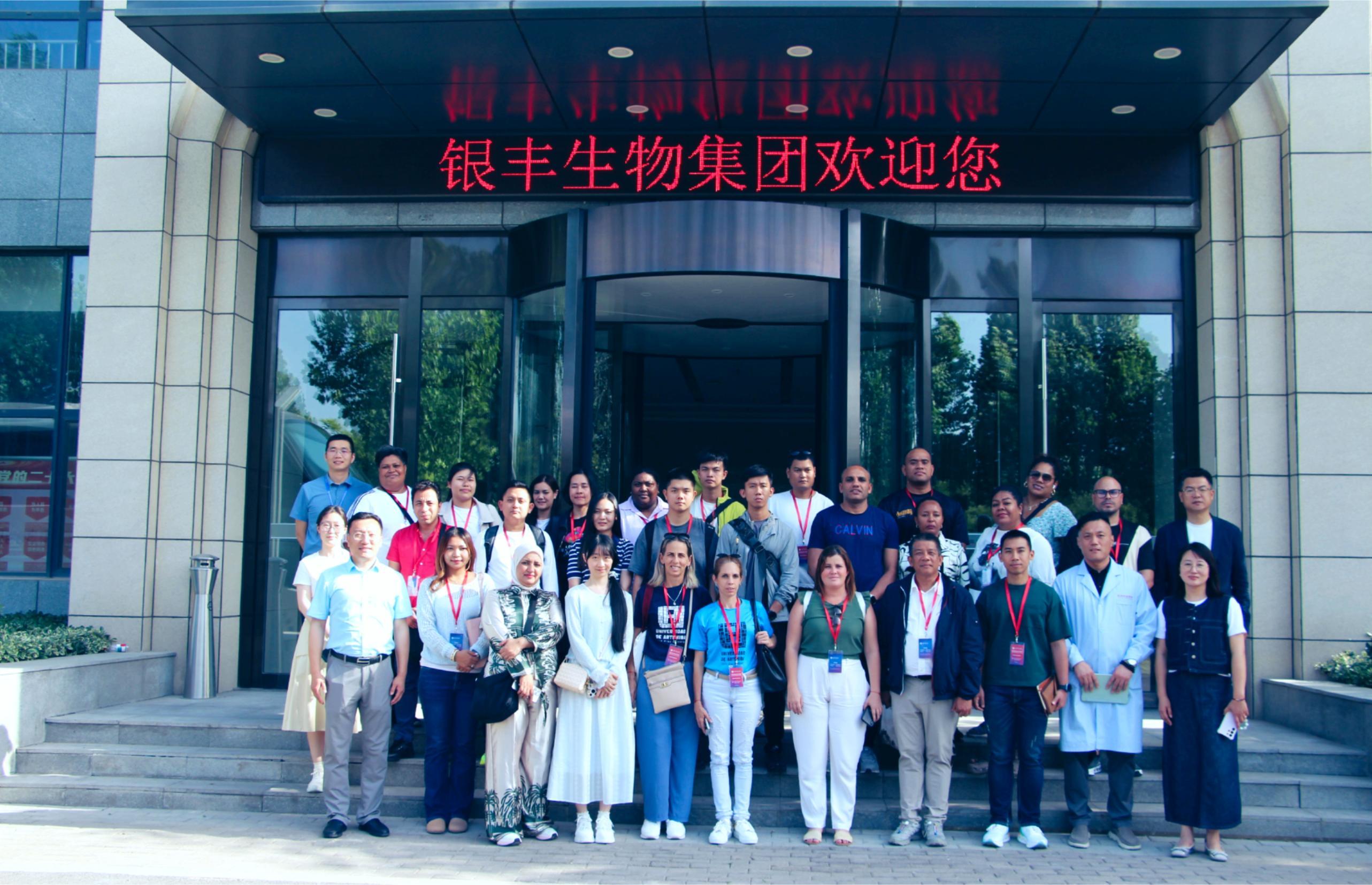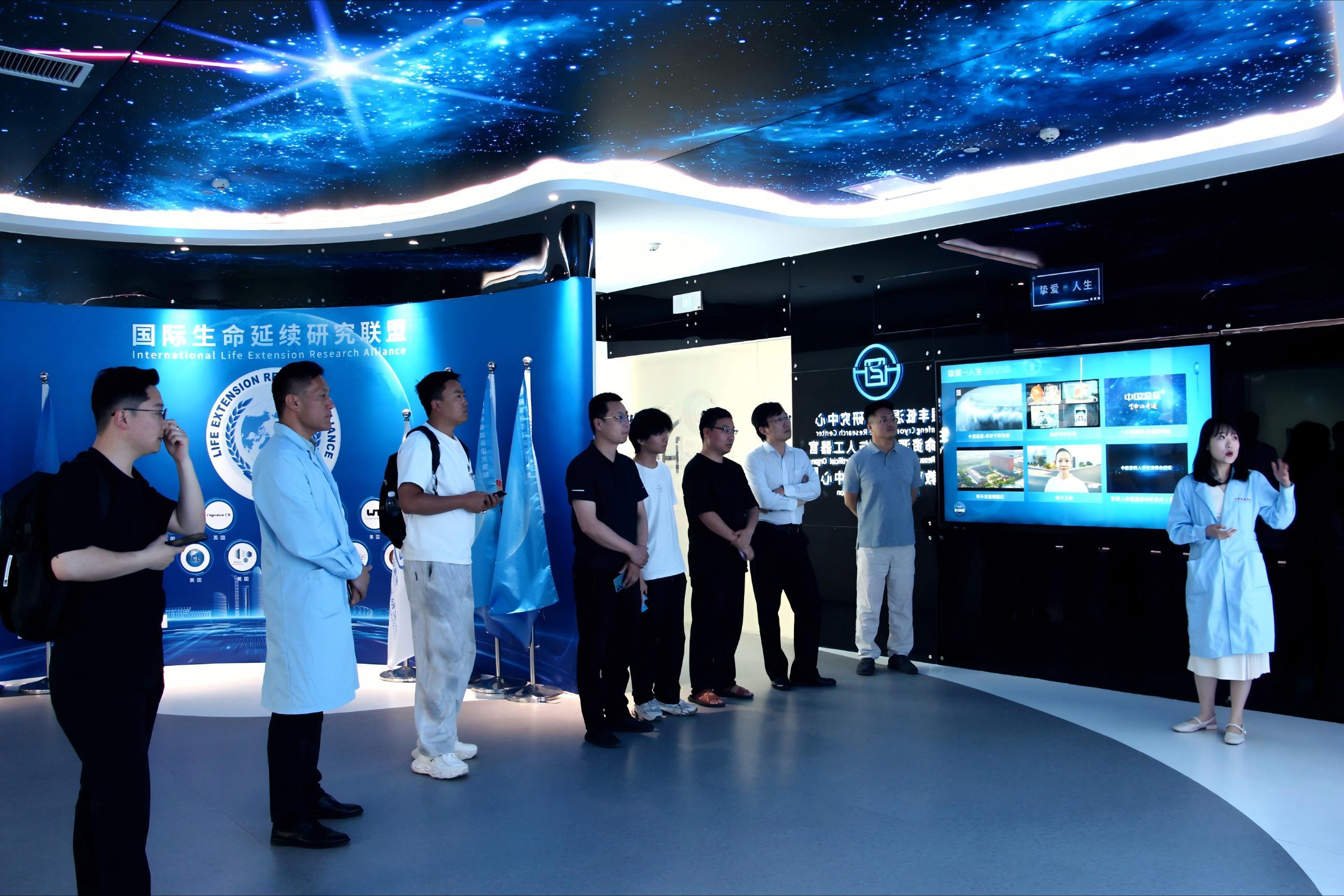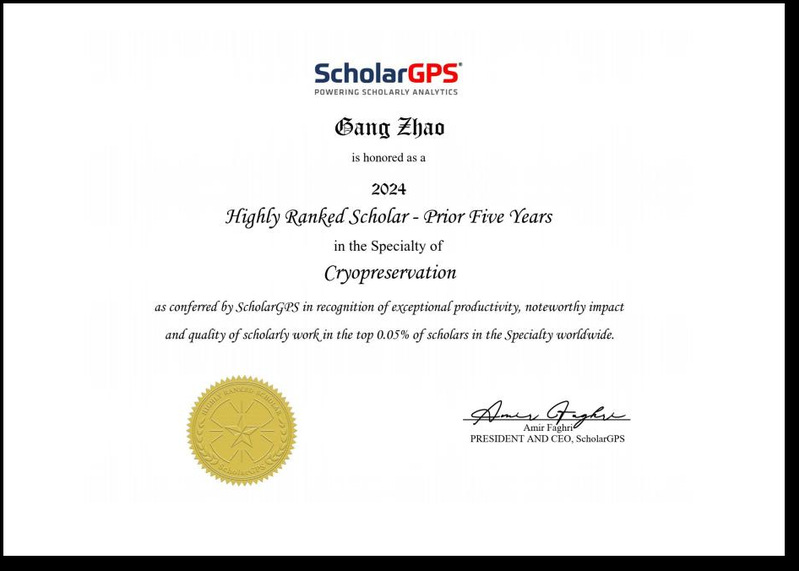DFT Empowers the Research and Development of Cryoprotectants, Offering New Strategies for Biological Cryopreservation
Release time:
2025-07-11
A Russian research team has recently published a groundbreaking achievement. By combining density functional theory (DFT) calculations with experimental verification, they successfully uncovered the molecular mechanism of sucrose molecules in cryopreservation, presenting a brand - new strategy for optimizing the freeze - drying process of biological samples and for biological cryopreservation. This research not only resolves the long - standing problem of ice - crystal damage that has troubled cryobiology but also initiates an interdisciplinary research paradigm of "theoretical calculations guiding experimental design".
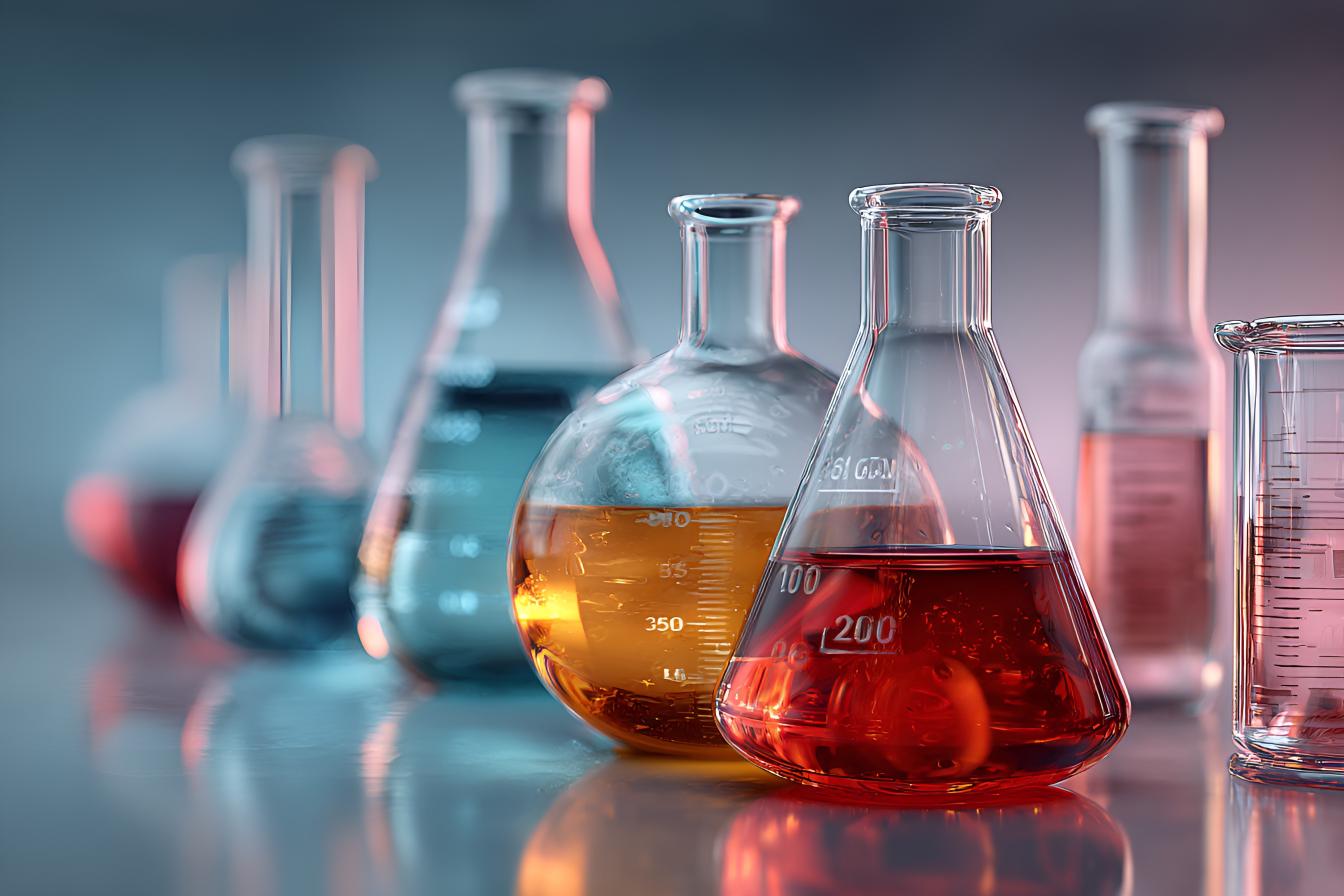
In the field of biological sample cryopreservation, cell damage caused by ice - crystal formation has always been the core challenge. Traditional cryoprotectants like dimethyl sulfoxide (DMSO) can lower the freezing point, yet they carry the risk of toxicity. Moreover, the selection of sugar - based cryoprotectants lacks a scientific basis. The Russian team innovatively employed DFT calculations to precisely analyze the hydrogen - bonding mechanism of molecules such as sucrose at the B3LYP - D3/def2 - SVP theoretical level. The study found that the dense hydroxyl groups in sucrose molecules can form a stronger hydrogen - bonding network (with a bond energy of 25 - 30 kJ/mol) than pure water, creating a stable and dynamic hydration shell that effectively inhibits ice - crystal growth.
Experimental verification showed that the survival rate of Bacillus coagulans and Streptococcus thermophilus treated with a 12% sucrose solution increased by three times under cryopreservation conditions from - 18°C to - 80°C. The research team further optimized the gradient - cooling procedure. Smaller ice crystals formed at - 18°C can reduce mechanical damage, and rapid transfer to - 80°C effectively suppresses ice - crystal recrystallization. This two - step freezing method has been successfully applied in Russian industrial microbial culture collections, significantly increasing the survival rate of microbial strains. In the future, it is expected to be extended to the cryopreservation of stem cells and vaccines.
This is the first time that DFT electron - density analysis has been applied to the screening of cryoprotectants. Professor Michael Nosonovsky, the corresponding author of the paper, stated, "DFT calculations are like GPS navigation in cryobiology. They enable us to quickly identify the optimal cryoprotection strategy in the complex maze of molecular interactions."
Experts believe that this study, published in Cryobiology, adds an important theoretical foundation to the field of cryoprotection mechanism research and is of milestone significance. The application of DFT theory will accelerate the development of low - toxicity and high - efficiency cryoprotectants and is expected to be extended to the cryopreservation of high - value biological materials such as stem cells and vaccines in the future. With the rapid development of computational biology, this technology may become the core technology for long - term biological sample preservation.
Latest developments
Recently, Frigid Zone Medicine, an authoritative international journal in the field of cryomedicine, published an important review titled "Advances in the Detection Methods for Assessing the Viability of Cryopreserved Samples". Written by the team of Yinfeng Cryomedical Research Center, the article systematically reviews and analyzes various detection techniques currently used to evaluate the viability of cryopreserved cells, tissues, and organs. It also proposes key directions from the perspectives of methodological integration and future instrument development, offering crucial theoretical support and practical guidance for the long - term cryopreservation of complex tissues and organs.
Recently, the "Novel Technology for Ultra-Low Temperature Cryopreservation, Activation, and Transplantation of Human Ovarian Tissue," developed through a collaborative effort between Shandong Yinfeng Life Science Research Institute and Beijing University of Chinese Medicine Shenzhen Hospital, has been awarded the 2025 Shandong Refrigeration and Air Conditioning Science and Technology Award. This groundbreaking technology pioneers a new pathway for female fertility preservation, marking a significant leap in China’s interdisciplinary advancements in reproductive medicine and cryobiology.
On May 19, a delegation from the Chinese Training Workshop for Government Officials of Developing Countries visited the exhibition hall of Yinfeng Biological Group's Cryomedicine Research Center. Government officials from multiple countries gained in-depth insights into Yinfeng’s innovative achievements in cryobiomedicine, cell storage, genetic technology, and other fields. They engaged in discussions with the delegation on technology transfer and international cooperation, contributing to the building of a global community with a shared future for humanity.
On the morning of May 17, 2025, an immersive exploration into life sciences and cryomedicine concluded successfully at Jinan Yinfeng Biological Science Park. Hosted by the Shandong Yinfeng Life Science Research Institute, this event offered members a firsthand look into the research base through activities such as ultra-low temperature cryotherapy experiences, brainwave signal acquisition system trials, and expert panel discussions. Participants witnessed the infinite possibilities that cryogenic technology and life sciences hold for humanity.
The international academic platform ScholarGPS recently announced its global lists of Highly Ranked Scholars - Lifetime and Highly Ranked Scholars - Prior 5 Years, recognizing the top 0.05% of scholars across various disciplines. Among the selected Chinese scholars are national-level talents, leading figures in specialized fields, and seasoned academics dedicated to long-term research.



